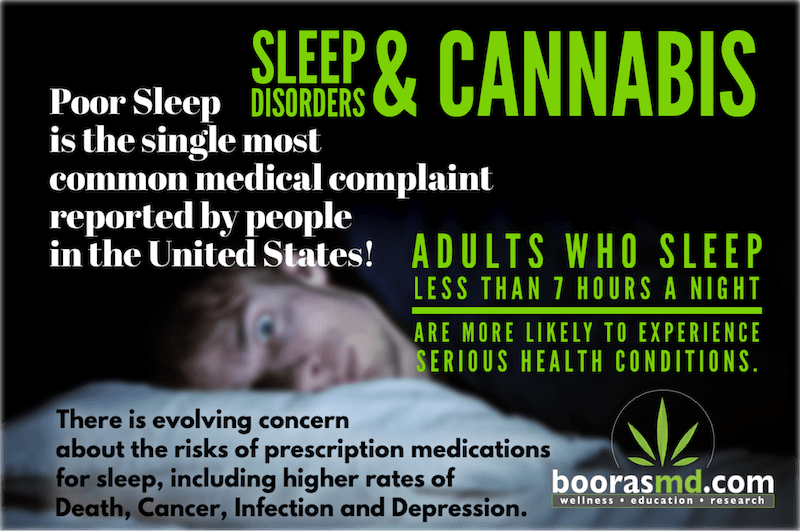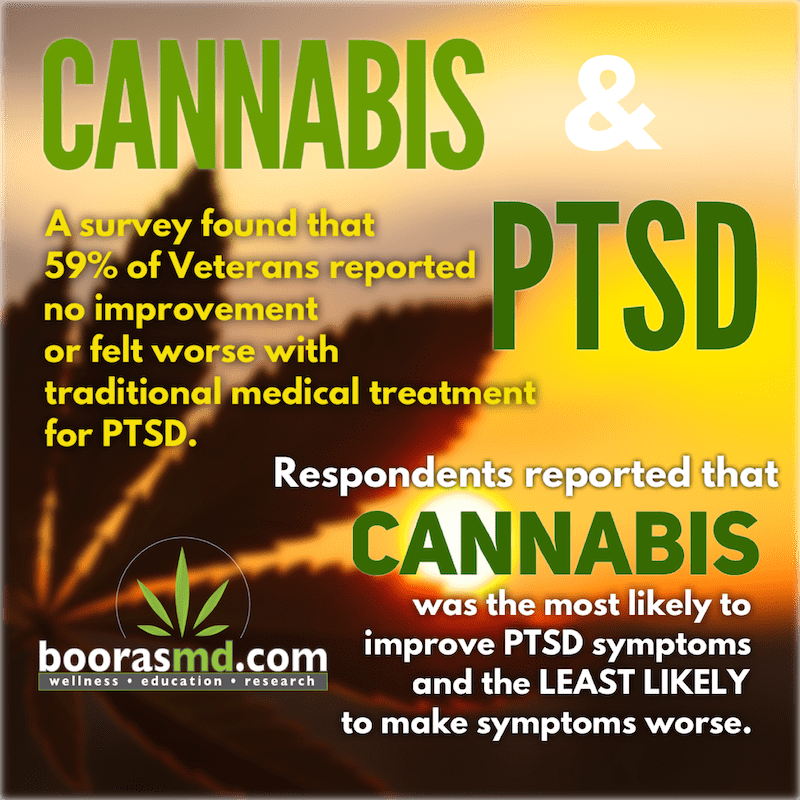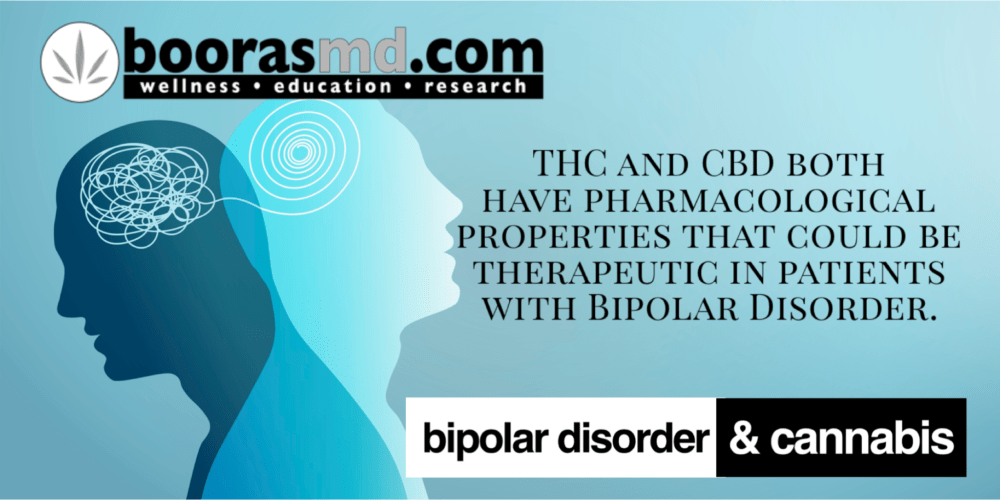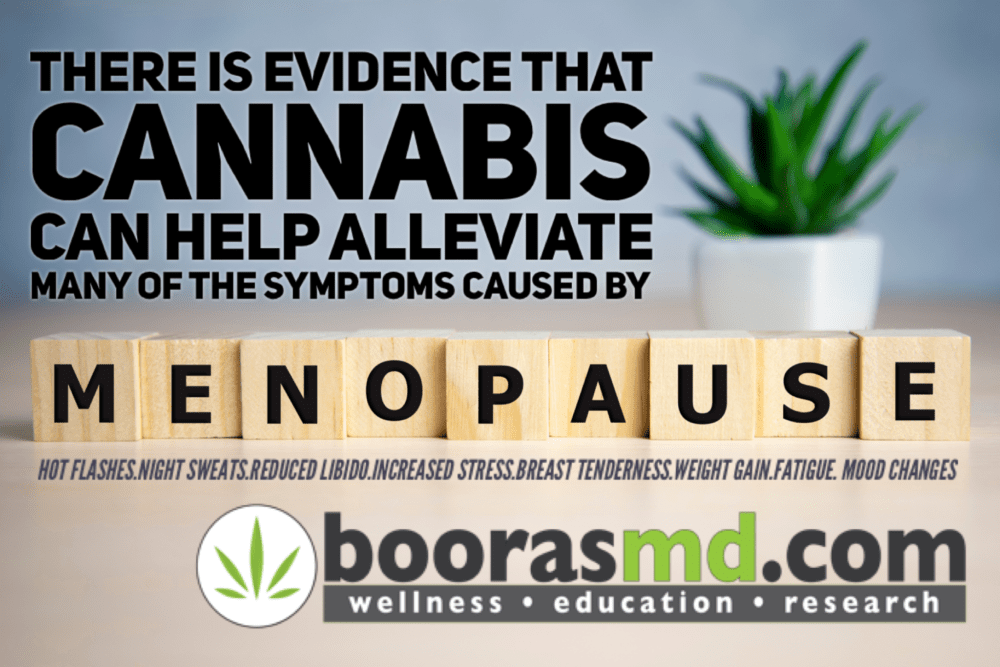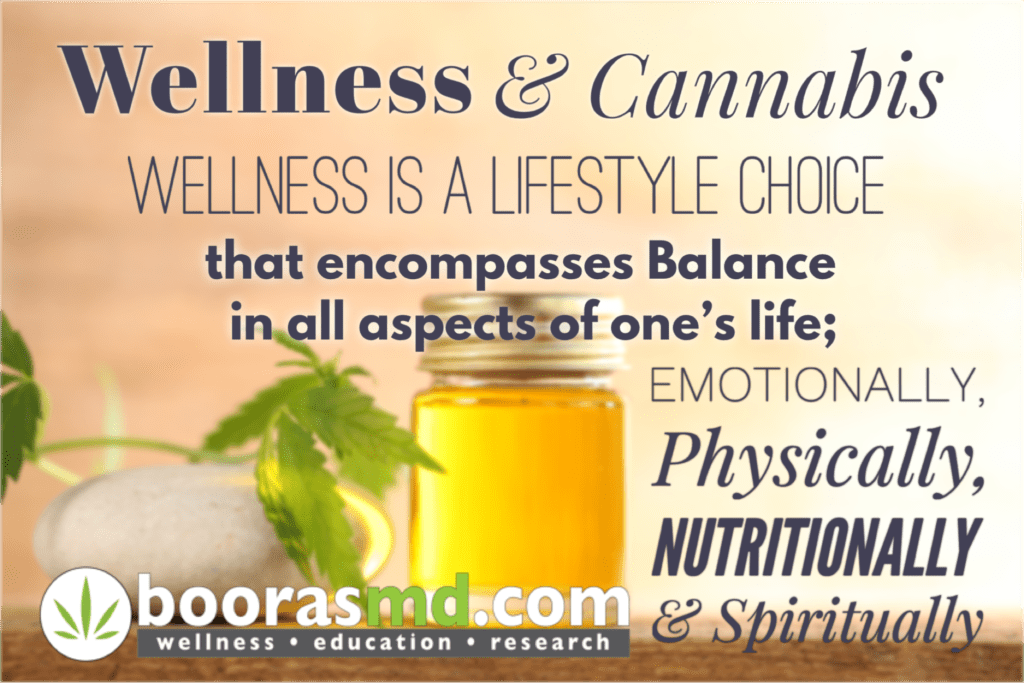Sleep Disorders and Medical Marijuana (Cannabis)
Sleep Disorders and Cannabis
Summary:
- Poor Sleep is the single most common medical complaint reported by people in the United States! Over 60% of us (more than 40 million Americans) have problems sleeping at least several nights a week.
- Adults who sleep less than 7 hours a night are more likely to experience serious health conditions, including heart attack, coronary disease, stroke, asthma, COPD, cancer, depression, arthritis, diabetes and even chronic kidney disease.
- There is evolving concern about the risks of prescription medications for sleep, over 90% of which are prescribed and used without clear scientific evidence of benefit.
- Approximately 50% of people who have used cannabis for 10 years or longer report using it primarily as a sleep aid. The highest benefit has been in people with a mood disorder. 93% of these individuals have noted a sleep benefit.
Conventional treatment:
- Traditional prescription Hypnotic medications are the most widely prescribed family of medications for people with sleep problems. This includes common medications, such as Ambien, Lunesta, Sonata, Restoril, Dalmane, Halcion and the Barbiturate family! It has been projected that prescriptions for these products will continue to grow.
- However, these prescription medications are potentially hazardous to your health! In his review of 40 Studies conducted on people using prescription sleeping pills, “Hypnotic drug risks of mortality, infection, depression, and cancer: but lack of benefit”, Dr. Daniel Kripke found that 39 out of the 40 studies showed a 4.6 times HIGHER rate of death versus those who do not take these medications. He also found higher rates of cancer, infection and depression in people taking these medications.
“This update adds new findings about the accelerating overdose epidemic that is suddenly reducing U.S. life expectancy… Evidence is expanded that most hypnotic prescriptions are not indicated—indeed, the great majority have been contraindicated or result in misuse. The “weak” evidence relating minimal benefit with indicated hypnotics does not support over 90% of actual U.S. ingestion, wherein the hypnotic was not indicated or rather was contraindicated. For >90% of cases, there seems to have been no scientific evidence of benefit. On the other hand, the evidence of severe risks appears to apply to all hypnotic utilization whether or not given for an approved indication. Evolving concern with hypnotic risks provides many new studies for this review, including four additional large epidemiologic analyses relating hypnotic prescriptions to excess mortality and two complementary meta-analyses demonstrating associations of hypnotic prescriptions to specific cancers. Meanwhile, the data base has grown demonstrating superior results with cognitive-behavioral therapy of insomnia and with bright light treatment.“
https://www.ncbi.nlm.nih.gov/pmc/articles/PMC4890308/ - Diphenhydramine. This is the active ingredient in Benadryl, which is used in many over the counter sleep aids. It is unlikely to provide deeply restful sleep and many people feel daytime sleepiness the next day after using it. There appears to be an association with developing Alzheimer’s disease, although a definite cause and affect has not been clearly established. However, Diphenhydramine is an anticholinergic medication that does block the neurotransmitter, acetylcholine.
Medical Cannabis:
- The Endocannabinoid system (ECS) is a biochemical communication system present in all mammals. It functions as the primary homeostatic regulator of human physiology and plays a huge role in regulating our sleep-wake cycle.
https://www.projectcbd.org/science/endocannabinoid-system - As far back as 1860, German researcher, Bernard Fronmueller, wrote that cannabis (“Indian Hemp”), “produced a narcotism most closely resembling the natural sleep”. He used cannabis to treat 1000 patients with a sleep disturbance and reported that cannabis produced a cure for sleep disorders in 53% and a partial cure in 21.5%.
- In addition to showing promise as a safe and effective alternative to conventional psychiatric treatments for insomnia, cannabidiol (CBD) can reduce symptoms of REM behavior disorder (RBD), which is characterized by the acting out of vivid, intense, and sometimes violent dreams.
- The effectiveness of cannabis as a sleep aid is highly variable, depending on the individual user, how the remedy is administered, its cannabinoid ratio and aromatic terpene profile, the timing and dosage — all these factors come into play and influence different outcomes.
- It appears that a 1:1 ratio of CBD:THC is most likely to help with a typical dose between 2.5-15 mg each of CBD and THC (Indica-derived THC is more calming, whereas Sativa-derived THC is more stimulating). CBD and THC work synergistically to improve sleep. CBN (Cannabinol) has a reputation for helping with sleep.
- Sedating Terpenes found in cannabis include terpinolene, nerolidol, phytol, linalool, and myrcene. The industry has not yet progressed to the point that we can easily find out the “Terps” that medical cannabis products contain but, when possible, it would be helpful to look for products containing some of these Terpenes. The terpene, Beta-caryophyllene, can help people with sleep issues who also have pain as it is a strong anti-inflammatory and pain-reliever.
Additional References:
“11 Side Effects of Ambien You Should Know About“
https://www.goodrx.com/ambien/scary-side-effects-zolpidem-ambien-hallucinations-drowsiness
https://www.projectcbd.org/medicine/cannabis-sleep-disturbances
PRACTICAL TIPS FOR IMPROVING SLEEP
In a study published in the Journal of the American Medical Association, 27% of respondents indicated that they used complementary, non-pharmaceutical therapies for fatigue and 26.4% for sleep deprivation.
Here are a few simple lifestyle modifications and holistic healing options that may improve your sleep quality.
Create an inviting sleep environment. Having a comfortable bed in a relaxing environment is key to quality sleep. Reduce outside or harsh overhead lighting and maintain a comfortable temperature for sleeping.
Reduce noise. If you are a light sleeper consider using a white noise machine to drown out unwanted sound. Salt lamps may help clean the air by reducing positive ions (and provide enough light to get to the bathroom without intruding on sleep).
Create a sleep routine. Going to bed and waking at the same time seven days a week is optimal. Additionally, it is helpful for some people to have a relaxing bedtime routine that lets the mind know it is time to get sleepy. This may include a small warm cup of milk or green tea 45 minutes to an hour before bed, or a few simple yoga stretches to relax, or an Epsom salt bath.
Avoid overstimulation. It is best not to have a television in the bedroom and not to watch violent shows before bedtime, especially for those with adrenal fatigue. Avoid reading or using your phone, laptop, or tablet in bed.
Exercise daily. It does not matter if your preference is jogging, weightlifting, gardening, walking, or tai chi…Just Do It! Try to engage in some form of exercise every day. I consider Disc Golf to be exercise disguised ass fun. However, try to avoid exercising within two hours of bedtime. Stretching, Meditation or Yoga is helpful before bedtime.
Avoid stimulants after 1 PM. Caffeine, alcohol, tobacco, certain herbal supplements, and drugs may leave you feeling “hyper” and overstimulated, which can impede the brain’s ability to transition into sleep.
Aromatherapy. Many of the sedating essential oil components present in cannabis can also be found in other plants at your local grocery or natural products store, along with misters that spray the oil into the air. Aromatherapy can be relaxing and very helpful to induce sleep. Lavender essential oil, for example, can help manage certain sleep disorders.
Use sleep-supporting herbs. Herbs that have sleep-promoting properties include Valerian, Kava, German Chamomile, Roman Chamomile, Passion Flower, California Poppy, Hops, Lemon Balm, Linden, Skullcap, and Oats.
Nutritional supplements. Consult your physician about products made with Kava, calming minerals, and taking the right kind of magnesium at night.
Other therapies. In addition to cannabis, safe holistic healing alternatives include cognitive-behavioral therapy (CBT) for insomnia and bright light therapy for circadian rhythm disorders.
Written by Charlie Booras, MD.
Modified on 8/4/22

